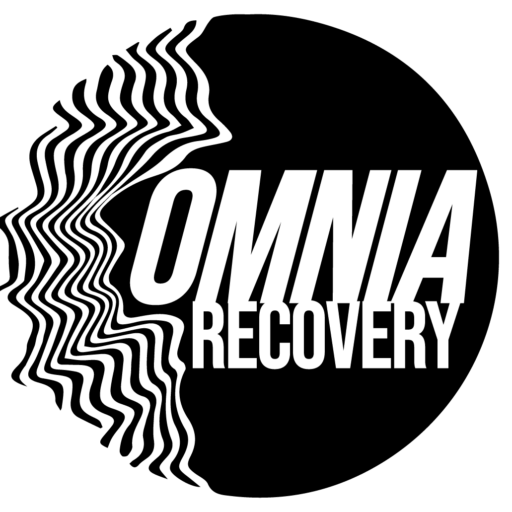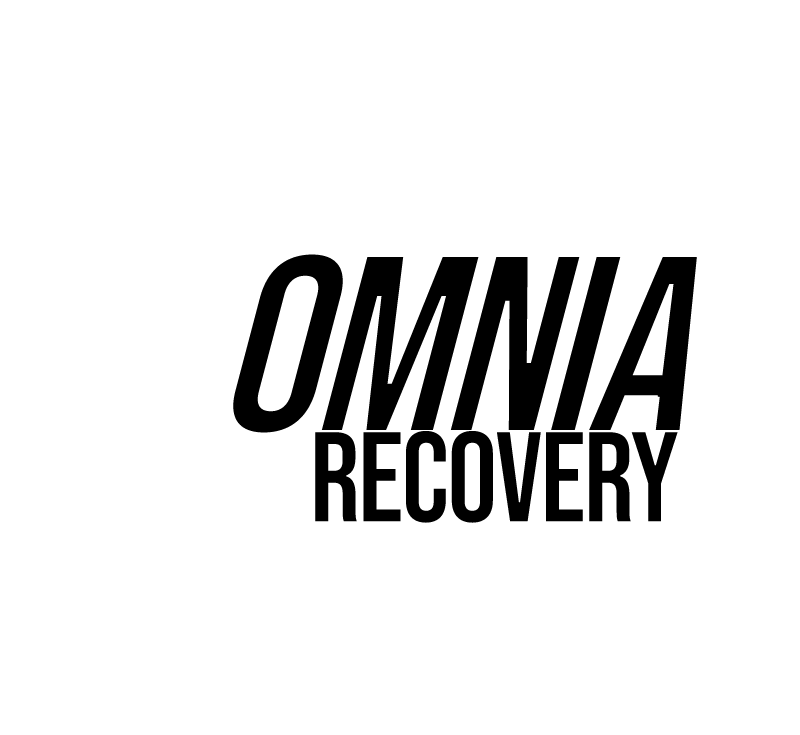Too often in recovery, people make grandiose goals that are not realistic or achievable. They say things like they never want to use drugs again or they want to be sober forever.
The problem is that addiction is a chronic disease, just like asthma or heart disease, so addiction treatment isn’t a cure but rather a method of managing the condition. Over 60% of people will struggle with relapse after starting addiction treatment, but that is simply part of the recovery process. With smart goals, individuals can learn more about smart relapse prevention regardless of whether they have relapsed in the past.
This type of goal setting provides several key benefits in recovery, like being able to clearly set goals, track progress, and see achievements. Contact our admissions team today to learn more about our outpatient rehab in Ventura County.
What Are SMART Relapse Prevention Strategies?
Smart relapse prevention refers to a method of goal setting that is more realistic and achievable. SMART is an acronym which stands for:
- Specific
- Measurable
- Achievable
- Relevant
- Time-Bound
Using this method, goals that are set for sobriety during treatment, and after treatment must conform to these five metrics. In doing so, they are more likely to be achieved. Each goal achievement presents itself with an opportunity to recognize the progress being made in recovery and the importance of continuing to set new SMART goals in maintaining sobriety.
SMART Goals in Maintaining Sobriety:
Let’s look at an example:
Mary has struggled with addiction, and her husband and three children have been affected in several ways. One such way is her not being present for family functions and forgetting to pick them up from school or play dates because she was busy looking for, using, or recovering from drugs.
With smart relapse prevention, Mary can work with a team of professionals during her recovery to set smart goals that help her maintain her sobriety when she is reunited with her family.
With SMART goals in maintaining recovery, Mary’s goal must conform with:
- Specific
- Measurable
- Achievable
- Relevant
- Time-Bound
Mary writes down a goal:
Mary has decided that she wants to be completely sober and participate in all family events, never letting her husband or kids down again.
Specific
If you look at her initial goal, Mary’s goal is not specific. It is, in fact, quite broad, applying to the rest of her life and all events in which her family is involved.
Better: A better option would be to say she wants to be sober for her children’s recital school this coming year, a recital that is very important to her children, involves the entire school, and which she has missed the last several years in a row.
Measurable
Her goal is also not as measurable as it could be because that would require ticking a box after every family event or family gathering.
Better: The goal of being sober and attending her children’s school recital this coming year is measurable because she can either be present for it or not and measure her successful goal completion using that metric.
Achievable
Realistically, Mary’s initial goal of being there for every family event is not achievable. This doesn’t qualify as smart goals and maintaining sobriety, nor is it achievable under regular circumstances; over the course of her life, Mary might not be able to be present for a family event because of a work conflict, a doctor’s appointment, or her children being in several places at once.
Better: Assuming the school performance is four months away, Mary would be out of her drug rehab program and working with weekly sessions for outpatient treatment. The outpatient sessions would not conflict, and therefore, it would be achievable for her to maintain her sobriety four months from now and be present for her children’s recital.
Relevant
Mary’s initial goal of being completely sober and participating in family events so that she doesn’t let her family down is relevant. Mary recognizes that her addiction has caused problems with the family, and she needs to improve so that she can feel better about herself and know that she is doing right by her family.
Time-Bound
Choosing an initial goal of remaining sober and participating in all family events from here until the end of time is not time-bound because there’s no end date.
Better: Choosing a specific goal of wanting to be sober and present for the school performance in which all of her children and husband are involved is time-bound because it has an execution date, the date of the recital.
Overall, choosing smart goals allows you the opportunity to set realistic goals that are time-bound and relevant to your circumstances. You can monitor your progress and see the results you’ve achieved along the way so that you understand how far you’ve come and how far you want to go in your recovery.
Learn more about smart relapse prevention with Omnia Recovery and contact our behavioral health clinic in Ventura County to learn more.




